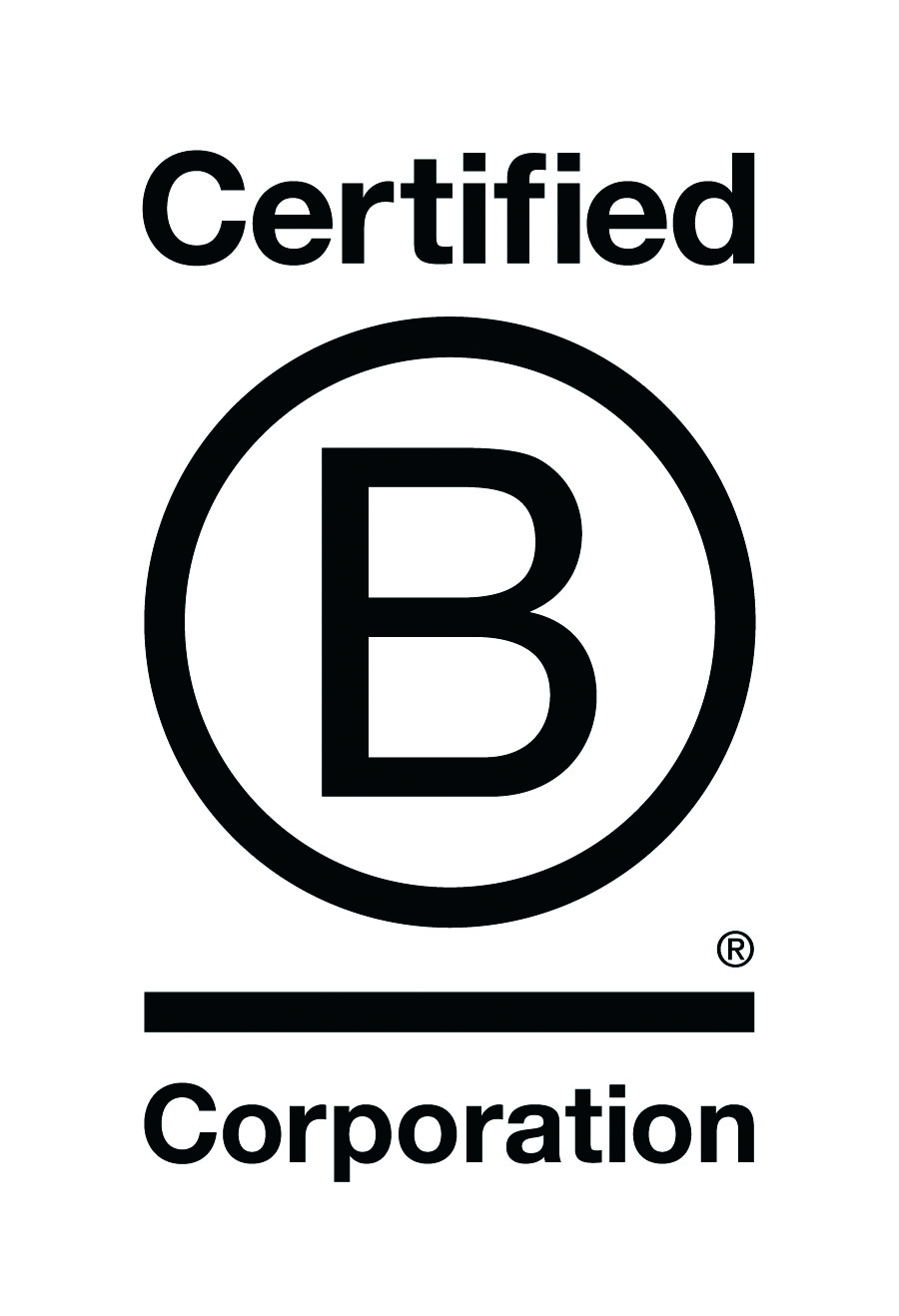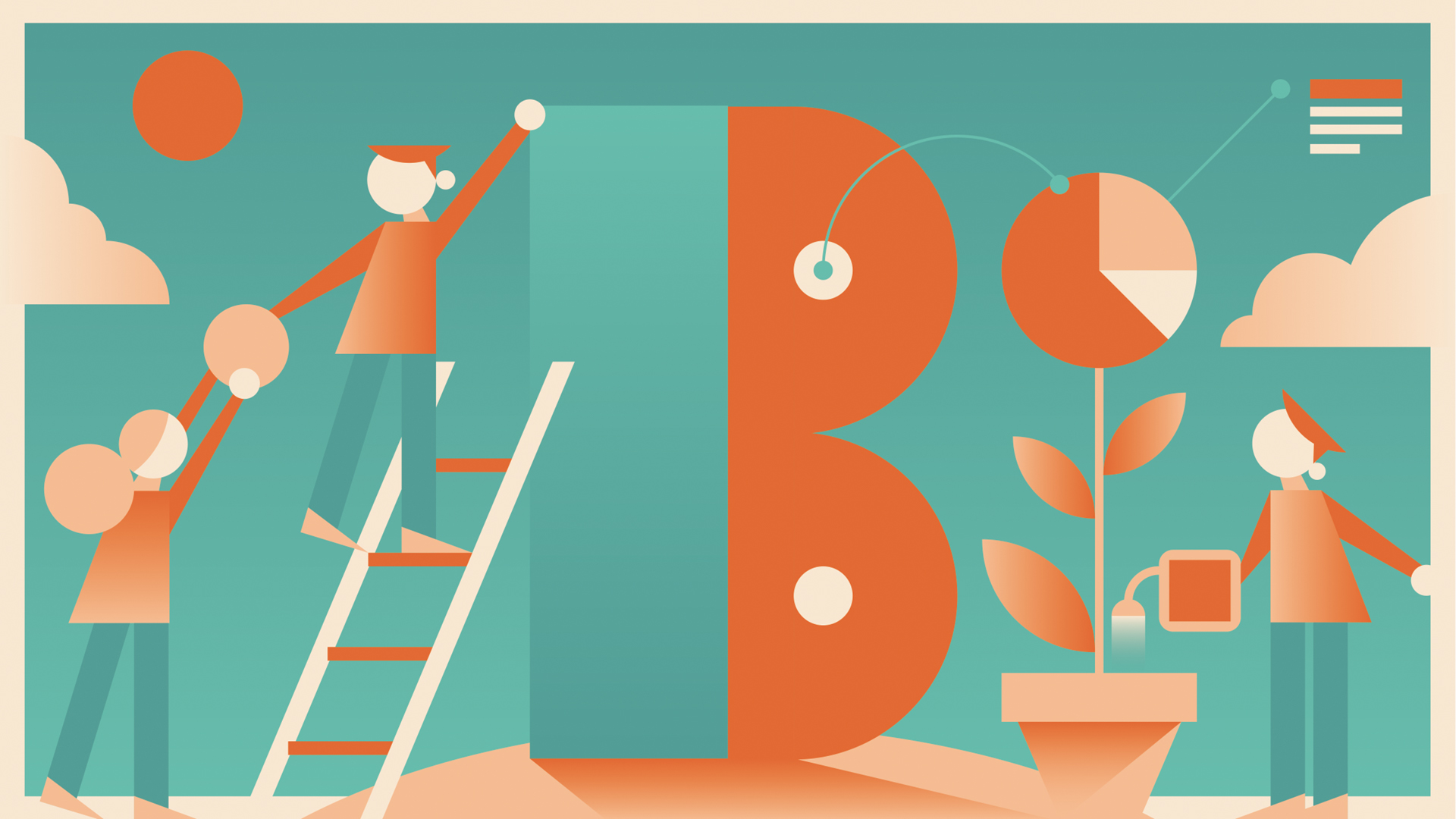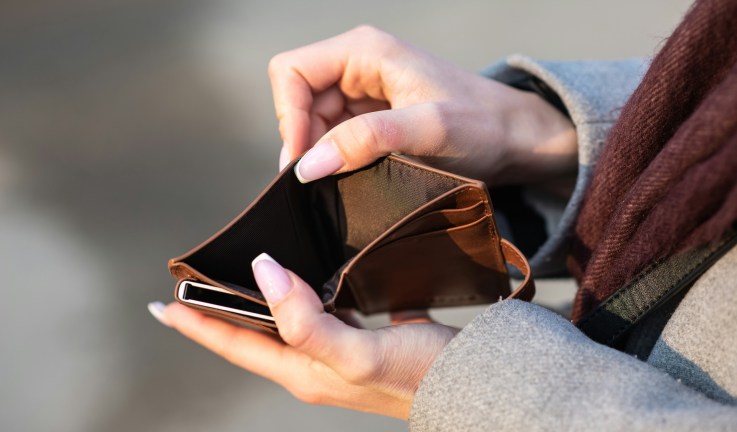
We have a problem. The world’s economic system is failing all but a very tiny number of us. It’s also causing catastrophic damage to the planet. Business is one of the main drivers of this broken system, but for decades we’ve accepted that this is just the nature of the beast. Business as a machine to make money while others deal with the consequences. But what if we turned the problem on its head? Maybe it’s not a given that business has to be bad for people and planet. Maybe we’re just doing business wrong.
This is where B Corps come in. B Corps are a relatively new type of business, part of a growing network that’s determined to do better for all and for the long term. They exist because the scale of the challenge is too great for charities and non-profits alone, and because governments have shown themselves to be too fickle, too flaky and too short-termist. They’re driven by purpose and create benefits well beyond the bank accounts of their shareholders.
March 2022 is B Corp month, when businesses celebrate what it is to be a B Corp, raising awareness and spreading the message of how to do better business. The B Corp community dreams of a global economy where business doesn’t just keep the money flowing, it is a force for tangible good in the world. The movement is founded on some basic but non-negotiable principles: to be the change they seek; to do business as if people and place matter; to have products and practices that do no harm and benefit all; and to understand that we are all interdependent and responsible for one another.
If that sounds a bit fluffy, rest assured it’s not. Mindsets are changing, and becoming a B Corp can increase competitive advantage, saleability to investors and make a company more appealing as a recruiter, according to analysis by PricewaterhouseCoopers.
Having a B Corp Certification shows that a business is meeting high standards of social and environmental performance, transparency and accountability. The process for accreditation is overseen by B Lab, a non-profit network. It is rigorous, and only the companies that meet both the social and environmental standards make the cut. (There’s no buying your way in; worldwide, 100,000 have applied so far but only 3,500 have been successful.) Everything about the business is scrutinised, from supply chain and governance to environmental impact and employee benefits. Only the most transparent need apply.
It’s not a badge for life either. B Corps are reassessed every three years and expected to use the time to make improvements where they can. The ethos is all about evolution. Forbes notes there’s a growing trend in consumerism with a purpose, driven by the buying habits of millennials and Gen Z. But it’s not just the young who want to see businesses take responsibility. A survey by Ayden found that, since the pandemic, two-thirds of consumers in the UK now consider a retailer’s ethics to be important. Covid has made us keener to support brands that care. The easy way for consumers to find a brand that meets these expectations is to look for the B Corp logo. This shows the company has demonstrated good practice and is signed up to being even better in future.









